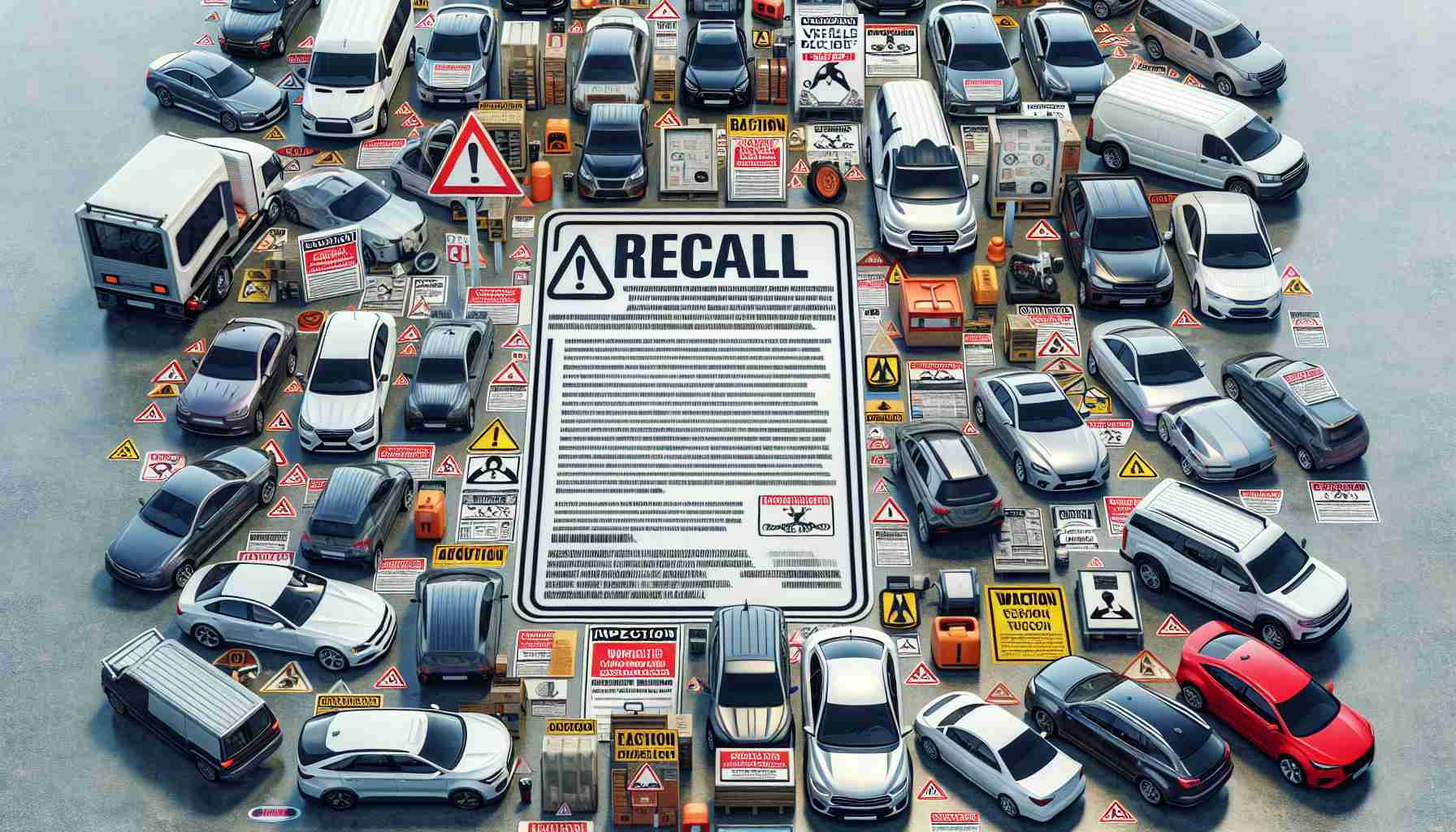Recent communications from the National Market Supervision Administration have announced extensive recalls affecting several automotive brands, including BYD, Toyota, BMW, Lynk & Co, and others.
BYD Auto Industry Co., Ltd. is set to recall 87,762 units of its Dolphin and Yuan PLUS electric vehicles, as well as an additional 8,952 Yuan PLUS vehicles, produced between February 4, 2023, and December 26, 2023. The recall initiates due to concerns around the electric power steering column’s control apparatus. Manufacturing errors have led to interference with capacitors, causing micro-cracks that could escalate to short circuits and potential fire hazards. To mitigate these risks, affected vehicles will receive free insulation upgrades.
Moreover, GAC Toyota and FAW Toyota will also conduct recalls for specific models due to potential brake failures under extreme conditions, impacting nearly 132,124 vehicles overall. Owners are encouraged to update their brake actuator control software without any charge.
BMW is recalling 298 imported R1300GS motorcycles, due to a faulty start relay that can overheat and possibly catch fire, while Lynk & Co is recalling 2,539 Lynk 08 vehicles for insufficient strength in seatbelt height adjusters.
> Finally, the recall of certain imported 5 Series, 7 Series, i5, and i7 BMW models is due to improperly manufactured grounding connections affecting driver safety. Vehicle owners are advised to contact relevant hotlines for further assistance and information on these recalls.
Smart Tips and Insights on Automotive Recalls
When it comes to vehicle ownership, staying informed about recalls can be crucial for safety and performance. With recent announcements from the National Market Supervision Administration spotlighting recalls from major brands, including BYD, Toyota, BMW, and Lynk & Co, it’s essential for car owners to understand how to navigate these situations and protect their interests. Here are some helpful tips, life hacks, and interesting facts related to automotive recalls that can enhance your vehicle ownership experience.
1. Stay Informed: Sign Up for Alerts
One of the best ways to keep tabs on potential recalls is to sign up for alerts directly from automotive manufacturers or the National Highway Traffic Safety Administration (NHTSA). These organizations often send notifications via email or mobile app to keep you updated on any safety concerns related to your vehicle.
2. Check Your VIN Regularly
Make it a habit to check your vehicle’s identification number (VIN) on the NHTSA website. This simple step allows you to see if your vehicle is listed in any recent recalls. You can quickly find your VIN on your car’s dashboard or inside the driver’s side door.
3. Understand Your Rights as a Consumer
In many cases, automakers are required to repair recalled vehicles free of charge. Familiarize yourself with the laws in your area regarding recalls—most manufacturers will cover costs associated with the repair or replacement of affected parts.
4. Document Everything
If you are affected by a recall, keep a record of all communications with the dealer or manufacturer. Note the dates of your discussions, who you spoke to, and any services performed. Having clear documentation will be beneficial should any issues arise.
5. Don’t Ignore Warning Signs
If you experience any unusual noises or performance issues with your vehicle, even if it’s not part of a recall, do not hesitate to contact your mechanic. Early detection can save you from more significant problems down the road.
6. Schedule Repairs Promptly
If your vehicle is subject to a recall, act promptly to schedule the necessary repairs. Delaying these repairs may not only compromise your safety but could also lead to additional problems that may become costly.
7. Learn About Vehicle Safety Ratings
Before purchasing a vehicle, consider looking into its safety ratings and details about any previous recalls. Resources like the NHTSA or Insurance Institute for Highway Safety (IIHS) provide comprehensive safety evaluations that can guide your decision-making process.
8. Did You Know?
The largest automotive recall in history involved over 100 million vehicles due to faulty airbags manufactured by Takata. This massive recall underscores the importance of understanding recall processes for peace of mind and safety.
In conclusion, staying proactive about vehicle recalls can safeguard your well-being and that of your passengers. For more information on automotive safety and recalls, check out the NHTSA website at nhtsa.gov. Knowledge is your best ally on the road!























